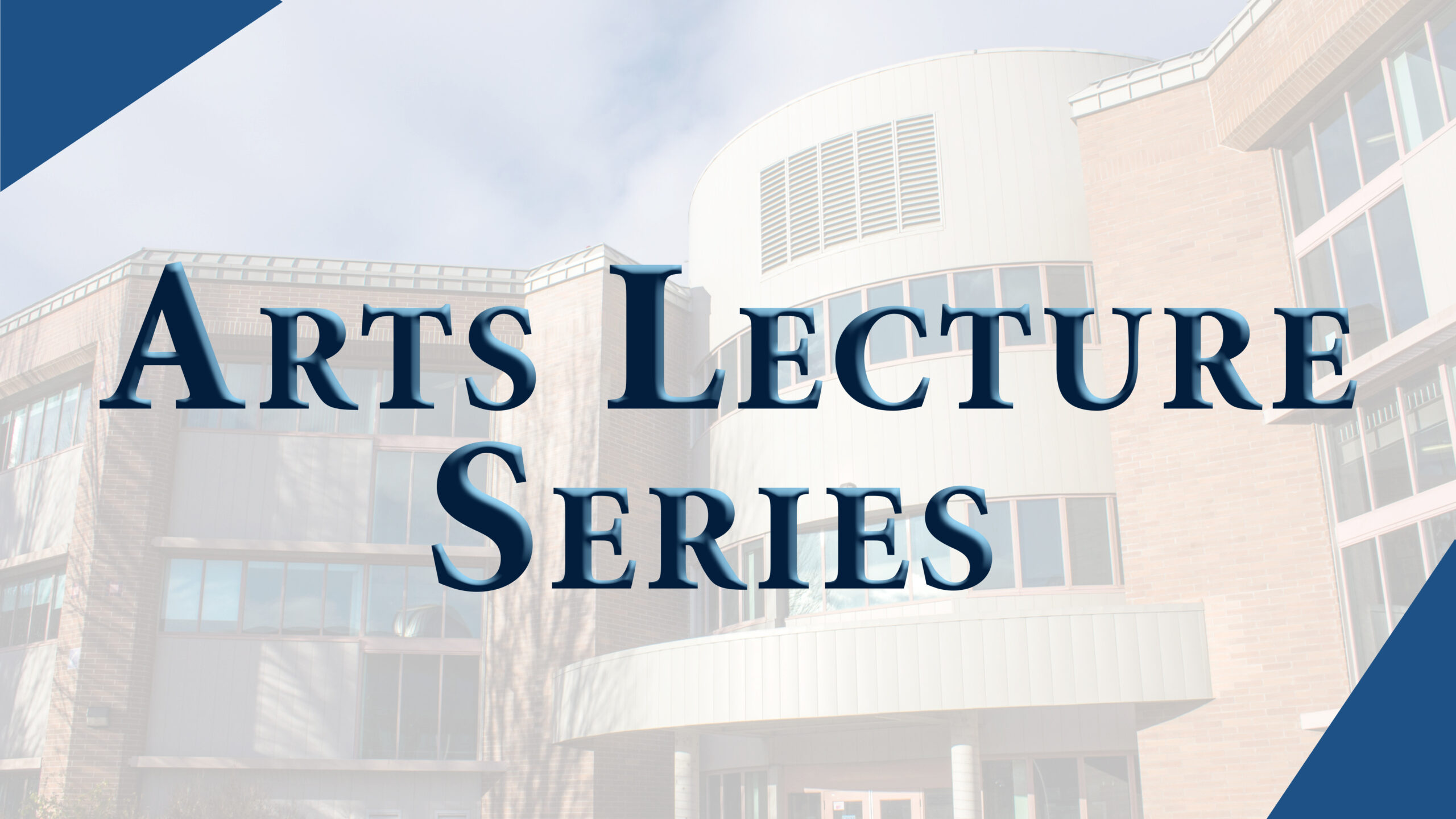Until Mar. 28, the TRU Faculty of Arts will present a series of art lectures featuring various speakers, each exploring specific topics in their specialized fields, including politics, anthropology, psychology, literature, history, and criminology.
The topics scheduled for the remaining five sessions include anthropology on Feb. 16, psychology on Feb. 28, politics on March 8, history on March 20 and concludes with criminology on March 28.
“Good Anthropology: James Teit and the Oral and Boasian History of the Declaration of the Lillooet Tribe (1911-2011)”
Presented by Sarah Moritz, Assistant Professor of Anthropology at TRU, on Feb. 16 in AE 208 from 12-1 p.m.
“The original message and spirit of the 1911 Declaration is timeless and the need to do an anthropology that matters, and that is critical, decolonial, relational, useful and supports people and places on the ground and bottom-up is as timely as we are facing radical changes, raging wildfires, floods, declining salmon stocks and triple ecological crises,” Moritz said in email correspondence. “ A good anthropology supports a good life for all beings. And I am quoting a Salish Elder here who reminds us that ‘[t]he Declaration is the effort to sacrifice yourself today for the benefits of tomorrow because we have not forgotten the past.’”
“Neurocognitive Theories of the Aging Brain”
Presented by Claudia Gonzalez, Assistant Professor of Psychology at TRU, on Feb. 28 in OM 1742 from 4-5 p.m.
“This is important because the older adult population is increasing worldwide, and aging is still associated with decline, even in the absence of pathology,” Gonzalez said via email. “Our goal is to better characterize the aging brain and ultimately be able to explain cognitive decline in healthy aging and in disease aging trajectories.”
“Liberty and Government: John Milton’s Career as a Civil Servant and his Policies for Freedom”
Presented by Benjamin Woodford, Assistant Professor of English at TRU, on Mar. 8 in AE 208 from 12-1 p.m.
“When COVID-19 hit, it was a moment of crisis and emergency and Milton’s also writing in a moment of crisis and emergency with The [English] Civil War, the execution of [King Charles I], threats of invasion, that kind of thing,” Woodford said. “So in this moment of crisis, we get in our world, in the time of the pandemic, this real question: What should the government be doing? How should it be resolved, and how is freedom understood in this moment of crisis? So, things like all the regulations that we had during the pandemic— is that securing freedom, or is that violating freedom? I see Milton working through the exact same issues. It’s a slightly different context—the emergency is a war versus a pandemic—but it’s the same questions that he’s asking.”
“Stunning Gowns, Fine Singing, Great Impersonations: Class, Race, and Gender in the 1920s and ’30s Female Impersonation Scene of Windsor-Detroit”
Presented by Nicholas Hrynyk, Assistant Teaching Professor of History at TRU, on Mar. 20 in AE 263 from 12-1 p.m.
“Windsor-Detroit had this really unique regional identity, and even today, a lot of Windsorites and Detroiters will share in this queer culture,” Hrynyk said. “But then its association with minstrelsy has to be acknowledged. I’m very much looking at these female impersonators as almost like a cultural export.”
Sexual Harassment in the Food and Beverage Industry in Kamloops
Presented by Rochelle Stevenson, Associate Professor of Criminology at TRU, on Mar. 28 in AE 304 from 4-5 p.m.
“This is a contemporary problem because it’s something that nearly every person we’ve talked to or surveyed so far has indicated they’ve experienced,” Stevenson said. “Sexual harassment is a problem in the workplace. For example, Canada’s Survey on Sexual Misconduct at Work conducted in 2020 showed about half of people had experienced sexual harassment in their workplace. Some work out of the United States has shown eighty percent of female employees and seventy percent of male employees who work in restaurants have experienced sexual harassment. Our numbers in Canada are a little bit harder to measure because we don’t have specific research; in Canada, it’s quite limited, so that’s one of the reasons why we’re doing this study.”
This Arts Lecture Series provides diverse perspectives, from international politics to local issues, showcasing the interdisciplinary nature of the arts at TRU. This series also serves as calls to action that urge their audiences to engage with critical issues, question societal norms and contribute to positive change in their communities. Anyone interested in these lectures can contact Robert Hanlon via email (rhanlon@tru.ca) or phone (250-371-5527).

